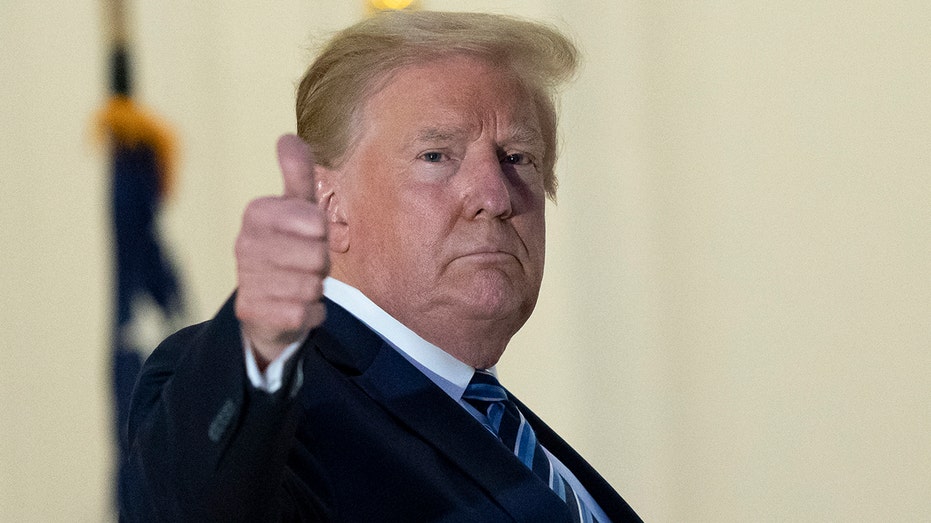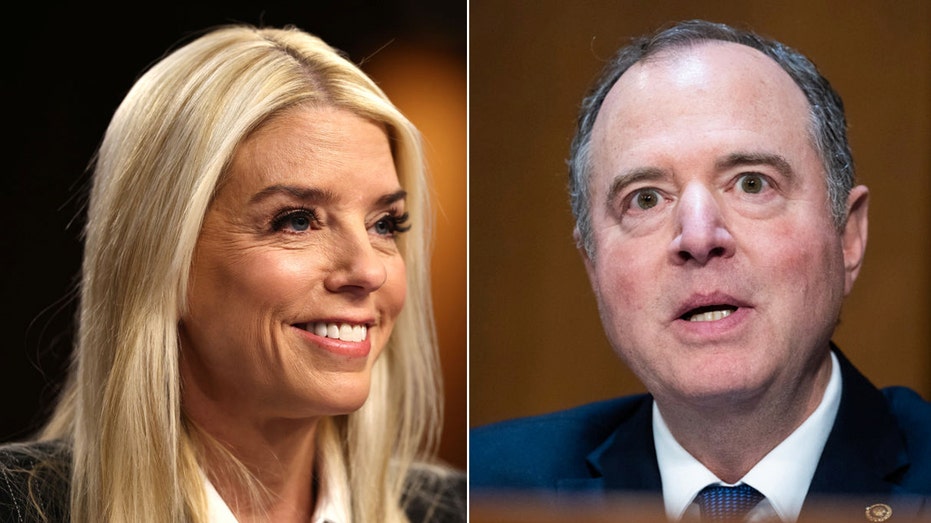- by foxnews
- 17 Jan 2025
EU moves to rein in ‘wild west’ of crypto assets with new rules
EU moves to rein in ‘wild west’ of crypto assets with new rules
- by theguardian
- 02 Jul 2022
- in technology

The EU has moved to rein in the "wild west" of crypto assets by agreeing a groundbreaking set of rules for the sector, adding to pressure on the UK and US to act too.
Representatives from the European parliament and EU states inked an agreement on Thursday that contains measures to guard against market abuse and manipulation, and require that crypto firms provide details of the environmental impact of their assets.
"Today, we put order in the wild west of crypto assets and set clear rules for a harmonised market," said Stefan Berger, the German MEP who led negotiations on behalf of the parliament.
Referring to the recent slump in cryptocurrency prices - the total value of the market has fallen from $3tn (�2.5tn) last year to less than $900bn - Berger added: "The recent fall in the value of digital currencies shows us how highly risky and speculative they are and that it is fundamental to act."
The European parliament's markets in crypto assets (MiCA) law is expected to come into force at the end of 2023. Globally, crypto assets are largely unregulated, with national operators in the EU required only to show controls for combating money laundering.
The EU's move came amid further turmoil in the digital asset market on Friday as Voyager Digital, a crypto broker, said it had suspended withdrawals, trading and deposits to its platform.
Voyager's chief executive, Stephen Ehrlich, said the move gives the company "additional time to continue exploring strategic alternatives with various interested parties". US-based Voyager said the value of the crypto assets it holds is $685m, compared with the $1.1bn in crypto assets it had loaned.
Cryptocurrency is the term for a group of digital assets that share the same underlying structure as bitcoin: a publicly available "blockchain" that records ownership without having any central authority in control.
The sector's supporters have said it represents a good investment because, for instance, it carries low fees and, unlike conventional currencies, is not tied to governments. Its detractors say a lack of regulatory oversight or implicit government support make it susceptible to scams and wild fluctuations in price.
MiCA will be the world's first comprehensive regime for crypto assets and will contain strong measures to guard against market abuse and manipulation, said Ernest Urtasun, a Green party MEP.
The law gives issuers of crypto assets and providers of related services a "passport" to serve clients across the EU from a single base, while meeting capital and consumer protection rules. Non-fungible tokens (NFTs), a $40bn market last year, are not covered by MiCA.
The EU negotiations on Thursday also focused on issues such as supervision and energy consumption of crypto assets. "We have agreed that crypto asset providers should in future disclose the energy consumption and environmental impact of assets," Berger said.
The UK and US, two significant crypto centres, have yet to approve similar rules, although regulators in both countries have warned of the need for stronger safeguards.
The MiCA law is expected to set a benchmark for other regulatory regimes globally, although one expert said the all-encompassing nature of the EU regime might not be replicated.
Harry Eddis, the global co-head of fintech at Linklaters, a London-based law firm, said the EU had "nailed its crypto colours to the mast".
"Other jurisdictions have shown little appetite to date in following their lead in implementing such an all-encompassing regulation, although we can surely expect to see other financial services centres upping their game in regulating the crypto community, albeit in a more piecemeal fashion."
In the UK, the financial watchdog is weighing proposals on marketing crypto products to consumers that could lead to significant restrictions on crypto exchanges operating in the country.
In May, the Treasury declared it wanted a regime in place for dealing with the collapse of a stablecoin, a cryptocurrency backed by traditional assets such as short-term debt which could therefore pose a risk to the wider financial system.
Crypto assets came under pressure after the collapse of the TerraUSD stablecoin project in May, with the major US cryptocurrency lending company Celsius Network freezing withdrawals and transfers. However, the sector has also proved susceptible to wider economic factors.
These include stock market declines linked to rising inflation and ensuing increases in interest by central banks. Raising rates - a path taken by the US, UK and Swiss central banks last month - can make risky assets less attractive.
The regulatory breakthrough came as India's central bank said cryptocurrencies were based on "make believe". The bank's latest financial stability report said cryptocurrencies were no more than "sophisticated speculation".
The bank's governor, Shaktikanta Das, wrote: "Cryptocurrencies are a clear danger. Anything that derives value based on make believe, without any underlying [value], is just speculation under a sophisticated name."
- by foxnews
- descember 09, 2016
Flight passengers debate clapping upon touchdown: Major airline pilots react
Applauding the pilot when your flight lands might be more controversial than you think. Some experts call the act of gratitude "rude," and others call it a "guilty pleasure."
read more





